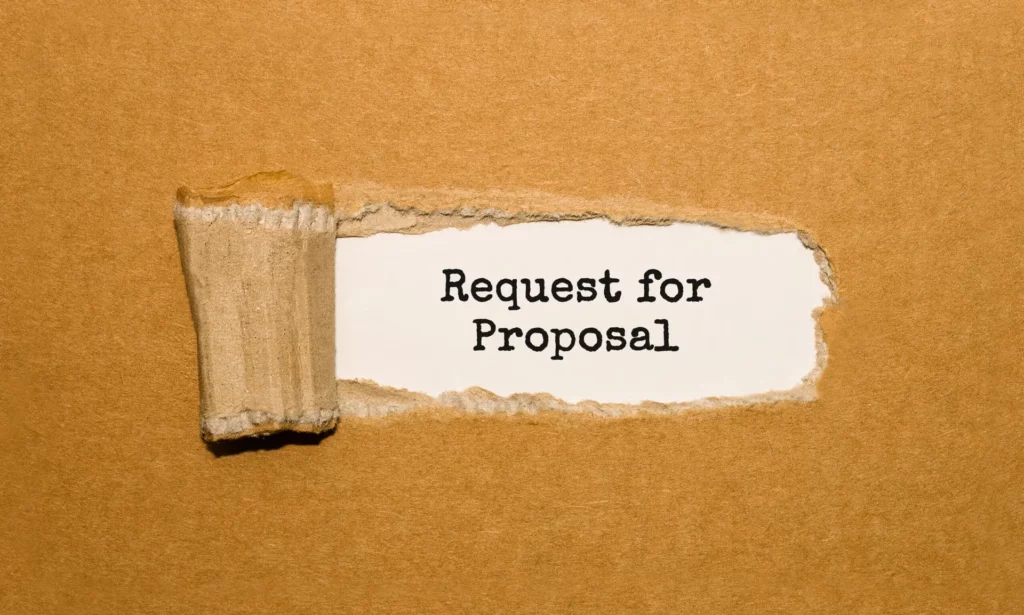
Preposition: A preposition is a fundamental element of grammar that links nouns, pronouns, or phrases to other words within a sentence, indicating relationships of location, time, direction, or possession. These vital connectors often precede nouns or pronouns and function to provide context or establish spatial and temporal relationships.
- Example Usage
The cat slept on the cozy blanket.
She arrived at the airport before sunrise.
Proposition: Conversely, a proposition refers to a statement or proposal for consideration, discussion, or action. In rhetoric or formal discourse, propositions serve as assertions or claims that individuals present to convey their viewpoints, arguments, or intentions.
- Example Usage
The CEO presented a compelling proposition to investors regarding the company’s expansion plans.
The politician outlined her policy proposition during the televised debate.
Distinguishing the Definitions
- Grammatical Function vs. Rhetorical Function
“Preposition” pertains to a grammatical element that establishes relationships within sentences.
“Proposition” refers to a rhetorical device or statement presented for consideration or debate. - Contextual Usage
“Preposition” finds its domain primarily within grammar and syntax, guiding the structure and coherence of sentences.
“Proposition” extends beyond grammar to encompass broader contexts such as persuasion, negotiation, or formal discourse.
Usage Examples
- Correct Usage of “Preposition”
The book is on the table, illustrating the use of the preposition to indicate location.
They walked along the riverbank, showcasing the preposition’s role in denoting direction. - Correct Usage of “Proposition”
The marketing team presented a compelling proposition to attract new customers, emphasizing the persuasive aspect of the proposal.
During the town hall meeting, citizens debated the mayor’s budgetary proposition, highlighting the proposal’s potential impact on public policy.






